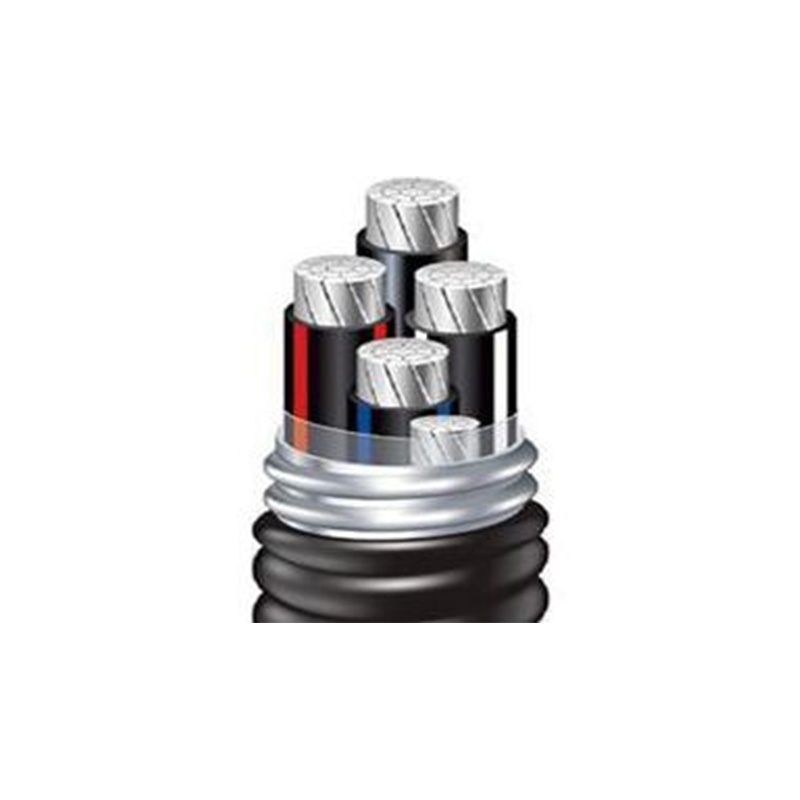Oct . 07, 2024 03:48 Back to list
socket and resilient seat gate valve
Understanding Socket and Resilient Seat Gate Valves
In the realm of fluid control, valves play an essential role in regulating the flow and pressure of liquids and gases. Among the various types of valves available, the socket and resilient seat gate valves have gained significant attention in recent years. This article delves into the features, advantages, and applications of these innovative valve types, providing an insight into why they are becoming increasingly popular in various industrial sectors.
What is a Gate Valve?
Gate valves are designed for on/off service, meaning they either allow or block the flow of fluid. Unlike other types of valves that can regulate flow, gate valves are better suited for applications where the valve is either fully open or fully closed. When the valve is open, there is minimal resistance to flow, allowing for a high flow rate and a low-pressure drop across the valve.
Socket Gate Valves
Socket gate valves are specialized valves designed to be installed at the end of a pipe. They feature a socket connection that allows for easy installation and maintenance. Typically made from high-quality durable materials such as cast iron or ductile iron, socket gate valves are favored in many industries for their robustness and reliability. Their design allows for quick assembly with fittings, reducing installation time and costs.
Resilient Seat Gate Valves
Resilient seat gate valves are distinguished by their use of a flexible seat material, often elastomeric, which provides a reliable seal. This feature allows these valves to perform exceptionally well in applications that require tight sealing capabilities. The resilient seat ensures that even under varying pressures and temperatures, the gate valve can maintain control over the fluid with minimal leakage.
Advantages of Socket and Resilient Seat Gate Valves
1. Durability These valves are often constructed from robust materials that can withstand harsh environments, making them suitable for water, wastewater, and industrial applications.
2. Low Maintenance Thanks to the resilient seat technology, these valves require less frequent maintenance compared to traditional gate valves. The ability of the resilient seat to conform to the gate ensures a tight seal over time, reducing the need for replacements.
socket and resilient seat gate valve

3. Easy Installation The socket connection simplifies the installation process, allowing for a quick and efficient setup. This feature is particularly advantageous for projects that operate under tight deadlines.
4. Versatility Socket and resilient seat gate valves can be used in various applications, from municipal water systems to sewage treatment plants and industrial processes. Their versatility and effectiveness make them a preferred choice in many situations.
5. Reduced Pressure Drop Due to their design, these valves experience minimal pressure drops when fully open, ensuring optimal flow efficiency. This feature is vital for energy conservation and reduced operational costs.
Applications
Socket and resilient seat gate valves are commonly employed in various industries, including
- Water Supply and Distribution They are frequently used to control water flow in municipal supply networks, ensuring that residential and commercial areas have access to potable water.
- Wastewater Management These valves are essential in sewage treatment facilities, where they help manage and control the flow of wastewater through various stages of treatment.
- Industrial Processes In manufacturing and production environments, these valves regulate the flow of liquids and gases, contributing to process efficiency and safety.
- Agricultural Irrigation They play a critical role in irrigation systems, allowing for the controlled distribution of water to crops.
Conclusion
Socket and resilient seat gate valves stand out as reliable, efficient, and durable solutions for fluid control in various applications. Their unique features, such as easy installation, low maintenance needs, and robust sealing capabilities, make them an invaluable asset in modern industry. As technology continues to advance, the demand for versatile and efficient solutions like these will only grow, making them a key consideration for engineers and managers alike. Whether in water systems, industrial processes, or irrigation, socket and resilient seat gate valves offer a future-ready solution for fluid management.
Share
-
Reliable Wafer Type Butterfly Valves for Every IndustryNewsJul.25,2025
-
Reliable Flow Control Begins with the Right Ball Check ValveNewsJul.25,2025
-
Precision Flow Control Starts with Quality ValvesNewsJul.25,2025
-
Industrial Flow Control ReliabilityNewsJul.25,2025
-
Engineered for Efficiency Gate Valves That Power Industrial PerformanceNewsJul.25,2025
-
Empowering Infrastructure Through Quality ManufacturingNewsJul.25,2025